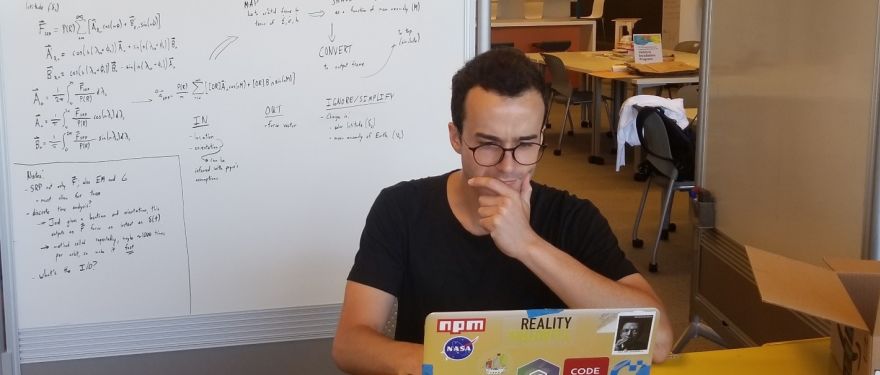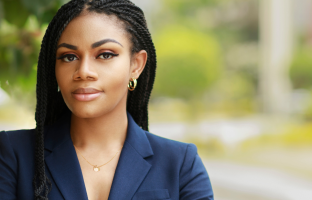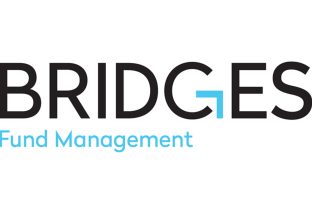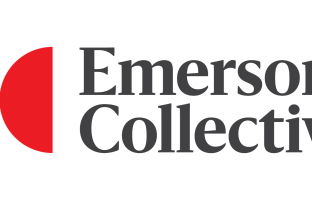Tell us about your career prior to HBS?
I like to joke that prior to HBS I went from a career in abstract to applied philosophy, with an ever increasing focus on the applied. I started out on a very academic path—focused in symbolic logic and abstract math—and ultimately decided against continuing with a PhD after completing my masters at the London School of Economics.
From London, I moved to New York and worked in consulting at Deloitte, and then to San Francisco to join a mid-market private equity firm, Kingfish Group. I’ve always enjoyed the duality of system and granular level thinking, so the work in both industries naturally appealed to that part of my personality.
The people I admired most were the ones on the other side of the table—people who had built, operated and turned around companies—and I was fortunate to get to work with some genuinely talented operators in the manufacturing and industrial space. A recurring theme among them was the way in which each had led their companies through massive technological changes, with everything from automation to analytics and software systems implementation. But also how much continued change was needed to solve things like stagnant US productivity growth. It was from these experiences (plus being based in San Francisco where coding is in the tap water) that I made the switch into software engineering with the goal of working on the toughest industrial problems and leading further technological change.
How did you choose your summer internship?
During my first week at HBS, I went on a late night walk along the Charles River with a good friend, Andrea Coravos, who was in her EC year at the time and also took a non-traditional path while at HBS. Her and I always talked (and still do) about crazy ideas, scientific studies, things wrong with the world, you name it. That night we talked about what we’d each do in our career if there weren't any barriers (perceived or real). For me it was working in an area such as space technology and helping push the bounds of what it means to be human by building things outside our currently-experienced world.
The next day she introduced me to Justin Oliveria and Dan Nevius, two ECs that had worked at NASA and Planetary Resources. They had started building a space technology company, Analytical Space, that is initially focused on small satellite data relay services. I joined them as a software engineer that semester, and chose to continue working with them over the summer in a full-time role. The company and role was everything I was looking for: a great team, doing challenging and pioneering work, and at the intersection of technology, industrials and the human imagination.

Tell us about your summer internship experience?
My internship experience was nothing short of incredible. I debated doing a more traditional role in product management for the summer, but ultimately decided to stick to a purely technical role instead. HBS places a strong emphasis on building out the softer skills required for effective management, so I wanted to balance that by using the summer to hone my engineering skillset.

I spent the summer building machine learning and artificial intelligence algorithms that serve as a core component to the data relay systems for our satellites. We operate in much the same way as a telecom business—but instead of fiber optic cables we use lasers to transmit high volume data down from space (think high resolution spectral imagery). A big constraint on our ability to do that is optical interference with the laser beams as they connect to ground stations across the globe. My goal on our software team was to figure out when, where and for how long we could connect down to earth in order to minimize data loss and optimize the connectivity time.
How has HBS helped you shape the career you want?
If there's one thing I continue to marvel at, it's the willingness of people at HBS to help: be it with their time, connections, skills or feedback. And how this willingness extends far beyond the students to include faculty, visiting guests, and the broader Boston community of entrepreneurs, academics and investors.
This played out in more ways that I can count during my first year. With nothing but a budding interest in space technology, I was able to learn the basics of optical communication technology at the Lincoln Laboratory from the team that established the first optical link between the moon and earth. And from a passing comment about my previous research in Bayesian decision making, I've been able to work on projects at the Center for Brains, Minds and Machines to explore how Bayesian logic is being adapted to new computational models for human cognition.
Everyone takes different lessons from their time at HBS. For me, the experience has fueled a much greater willingness to take risks, explore my curiosity and step outside the normal delineations between roles, domain expertise, and sectors. It’s also given me the courage to choose the path that’s right for me, even if it’s less trodden and requires finding my own way.
What's next?
To chase the green light, that orgiastic future—whether it's in outer space or a little bit closer here on earth.
Adam Behrens (HBS '18 Section J) is a second-year student. You can share your thoughts and follow Adam on LinkedIn or Twitter.





.png&w=80&h=80)

